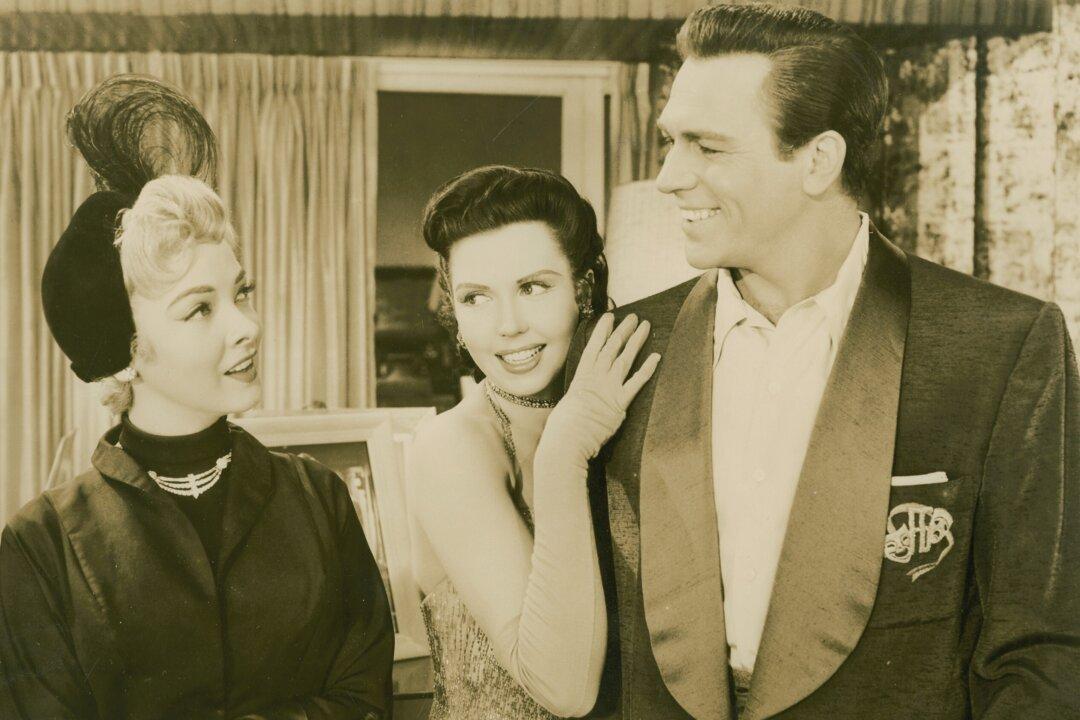Today—and not just in regard to the Supreme Court—Americans seem sharply divided about morality. Is it an absolute standard that we measure our actions and policies against? Or is it a menu from which we select arguments to achieve the outcomes we desire? Should we always follow our conscience, or is it all right sometimes to cheat a little to get something we really want?
In this context, one of Hollywood’s finest movies, “The Apartment” (1960), could not be more timely.





